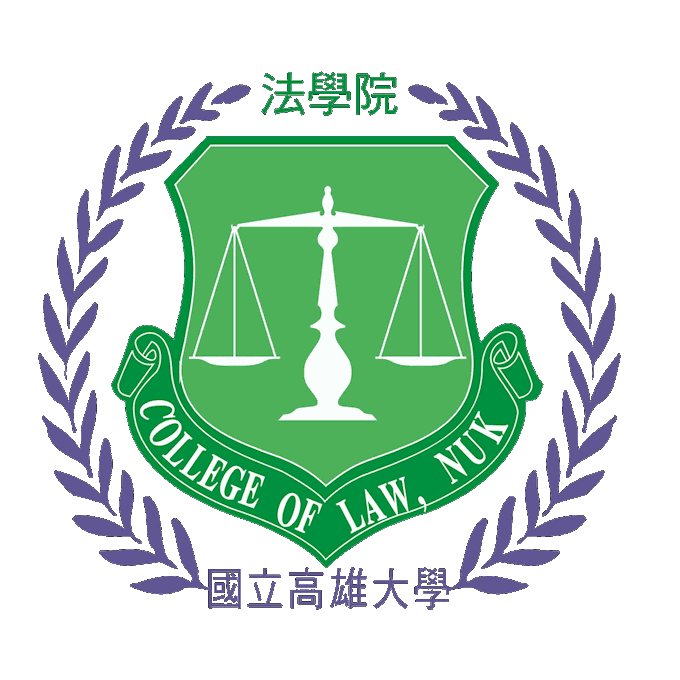

依私法自治與契約自由原則,當事人得將新藥臨床試驗契約 (新藥查驗登記契約)定性為委任契約或承攬契約。當事人將新 藥臨床試驗契約約定成委任契約者,法官並不得將其解釋成承攬 契約。當事人將新藥臨床試驗契約約定成承攬契約者,法官亦不 得將其解釋成委任契約。最高法院107 年度台上字第2440 號民 事判決,即明顯無視當事人明示的委任意思,而將當事人明示的 委任契約(民法第528 條)解釋成承攬契約。最高法院這項契約 解釋活動,完全不尊重當事人意思,頗有疑問。更有甚者,新藥 臨床試驗契約以具有醫療性質的臨床試驗為內容,最高法院在上 開判決所為的契約解釋活動,亦明顯忽略新藥臨床試驗契約具有 醫療內容,實有待商榷。 當事人並未定性新藥臨床試驗契約之性質者,則法官應依誠 實與信用原則與交易習慣,解釋該契約之性質。若該新藥臨床試 驗契約並非例如承攬、僱傭或其他以他人事務處理為內容之有名 契約,則依民法第529 條規定,該契約即委任契約,應適用關於 委任契約之規定。 在以他人事務處理為內容的契約之情形,數量不足的給付不 僅構成物之瑕疵,亦構成瑕疵給付。在新藥臨床試驗契約,受試 者人數收錄不足,以及病患未於約定時間內返診近40%,均構成 瑕疵給付,而且依案例事實,亦可能是不能補正之瑕疵給付。
In accordance with the principles of party autonomy and freedom of contract, the parties may characterize the clinical trial contract for new drug as a contract of mandate or a contract to produce a work. The parties agree on the clinical trial contract for new drug as contract of mandate, and the judge shall not interpret it as a contract to produce a work and vice versa. The Supreme Court’s Civil Judgment No. 2440 (2018) clearly ignored the parties’ express intention of Mandate and interpreted this parties ‘intention as a contract to produce a work. This contract interpretation does not respect the intention of the parties and it is quite questionable. What's more, the clinical trial contract for new drug is based on the clinical trial of a medical nature. The contract interpretation of the Supreme Court in this judgment also obviously ignores the medical content of the clinical trial contract for new drug. If the parties have not defined the nature of the new drug clinical trial contract, the judge should explain the nature of the contract in accordance with the principles of good faith and trading habits. If the clinical trial contract for new drug is not a nominate contract such as contract to produce a work, hiring, or other parties' affairs, according to Article 529 of the Taiwan Civil Code, the contract should be a contract of mandate, and the provisions of the contract of Mandate shall apply. In the case of a contract based on the handling of other people's affairs, the performance of insufficient quantities not only constitutes defects in things, but also constitutes defects in performance. In the clinical trial contract for new drug, the insufficient number of subjects included and the failure of nearly 40% of the patients to return to the clinic within the agreed time both constitute defects in performance, and depending on the facts of the case, it may be also defects in performance that cannot be corrected.